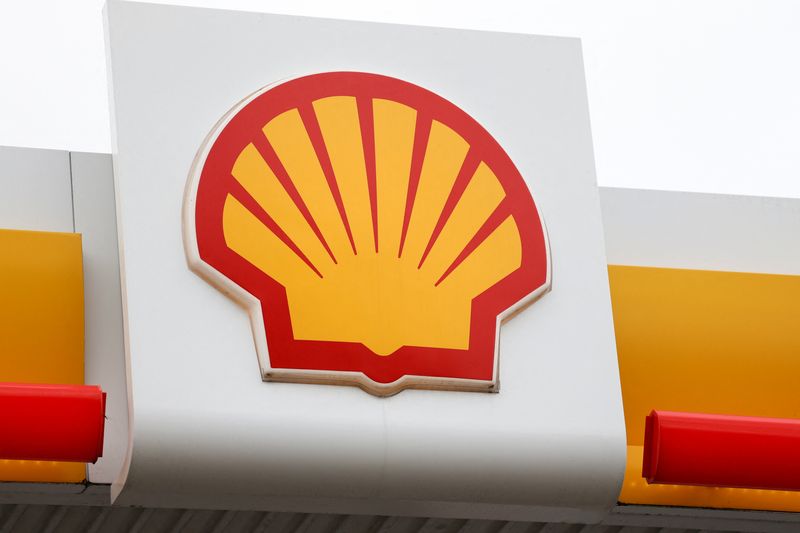By Shadia Nasralla
LONDON (Reuters) - Shell (LON:RDSa)'s emissions dipped about 10% in 2022 to 1.232 billion tonnes of CO2 equivalent as its fuel sales, including gasoline and diesel, fell around 5% to 4.2 million barrels per day, according to its annual report and Reuters calculations.
"The decrease is largely due to a reduction in oil product and gas sales, and a decrease in the intensity of power sold," Shell said in the report published on Thursday.
Shell's fuel sales https://www.reuters.com/graphics/SHELL-SALES/gdvzqmgobpw/chart.png
Shell's emissions https://www.reuters.com/graphics/SHELL-EMISSIONS/gkplwlezbvb/chart.png
The energy group reported Scope 1 emissions, which are from its own operations, of 51 million tonnes. Scope 2 emissions, from the electricity it uses, were 7 million tonnes while Scope 3 emissions from combustion of the fuel it sells were 1.174 billion tonnes.
In comparison, Britain's emissions come to around 400 million tonnes CO2 equivalent a year.
Net carbon intensity (NCI), the main measure Shell uses for its energy transition strategy, fell by 1.3% to 76 grams of CO2 equivalent per megajoule, Shell said.

Measuring emissions performance by intensity means a company can technically increase its fossil fuel output and overall emissions while using offsets or adding renewable energy or biofuels to its product mix.
"The decrease in Shell’s NCI in 2022 was primarily due to an increased proportion of renewable power and corresponding reduction in the carbon intensity of our power sales," Shell said.